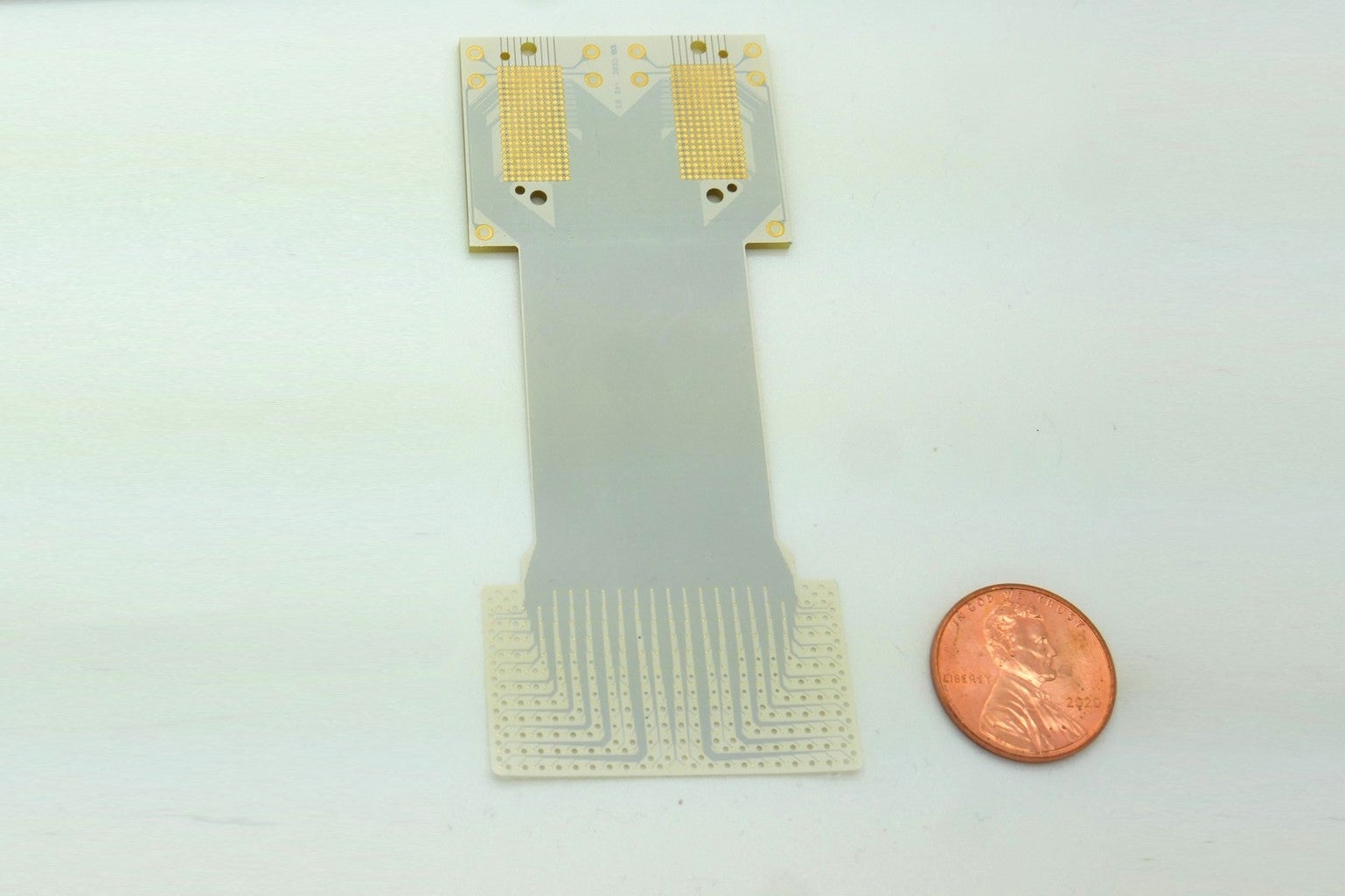Scientists invent mind-reading device
Researchers say it is faster and less cumbersome than other brain computer interface technologies

Scientists have invented a brain implant that allows wearers to communicate using thoughts alone.
The speech prosthetic – developed by neuroscientists, neurosurgeons and engineers at Duke University in the US – is able to translate brain signals into words.
The researchers claim it is faster and less cumbersome than other brain computer interface and mind reading technologies, and could transform the lives of people suffering from neurological disorders.
“There are many patients who suffer from debilitating motor disorders, like ALS or locked-in syndrome, that can impair their ability to speak,” said Gregory Cogan, a professor of neurology at Duke University’s School of Medicine.
“But the current tools available to allow them to communicate are generally very slow and cumbersome.”
The team was able to pack 256 specially designed microscopic brain sensors onto a postage stamp-sized piece of medical-grade plastic, which was tested on patients undergoing brain surgery for unrelated conditions like having a tumour removed.
Participants were asked to listen to a series of nonsensical words like ‘kug’ and ‘vip’ and then speak them aloud. With just 90 seconds of spoken data, an AI algorithm was then used to decode the neural activity into words.
The researchers now plan to develop the technology to improve its speed and make it wireless, and have received a $2.4 million grant from the National Institutes of Health to continue.
“You’d be able to move around, and you wouldn’t have to be tied to an electrical outlet, which is really exciting,” Professor Cogan said.
Duke Institute for Brain Sciences faculty member Jonathan Viventi added: “We’re at the point where it’s still much slower than natural speech, but you can see the trajectory where you might be able to get there.”
The research was detailed in a study, titled ‘High-resolution neural recordings improve the accuracy of speech decoding’, published in the journal Nature Communications.
Join our commenting forum
Join thought-provoking conversations, follow other Independent readers and see their replies
Comments
Bookmark popover
Removed from bookmarks